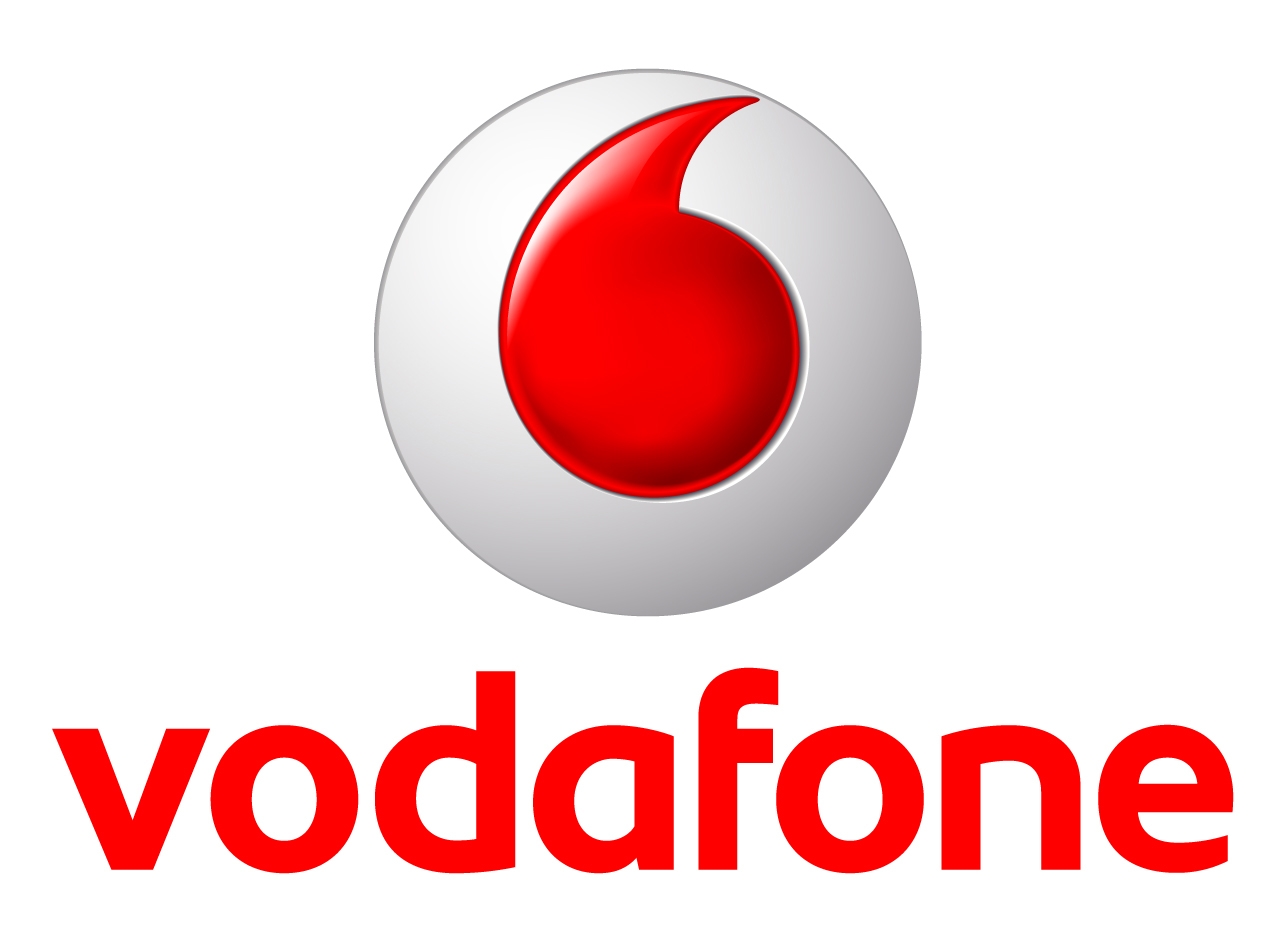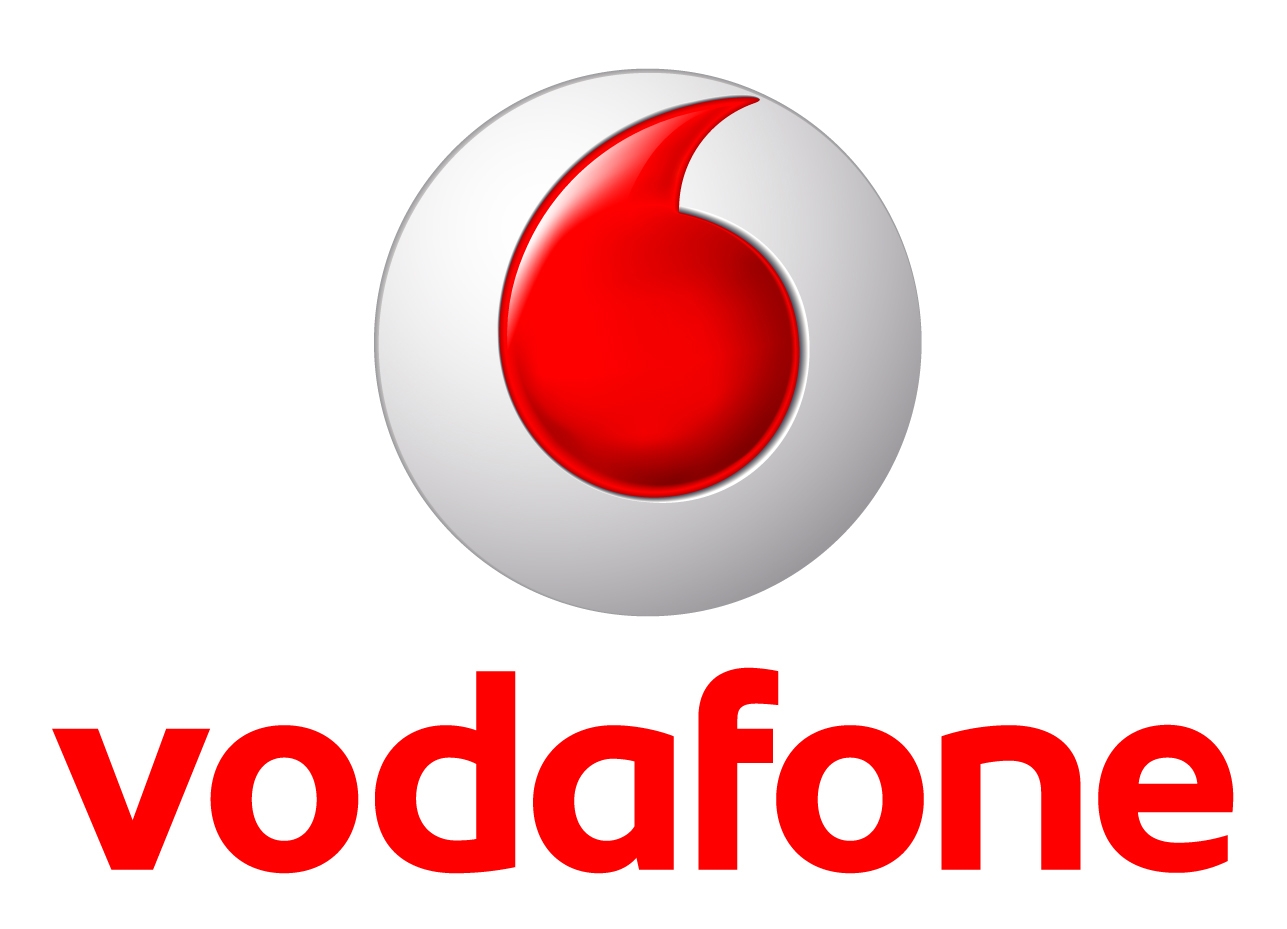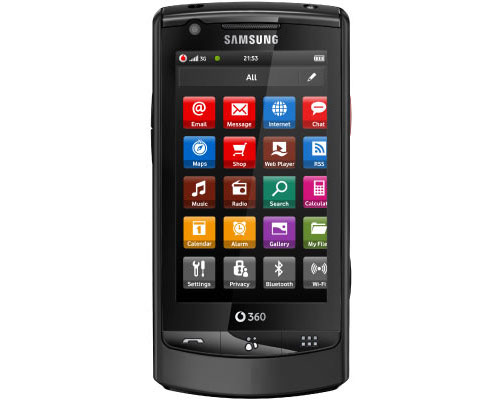 Last week, I moderated a panel at Mobile 2.0 Europe in Barcelona on “How to Make Money as a Developer”. Interestingly, there was no developer on the panel… 😉 However, there were representatives from Orange’s Partner Programme and from Telefonica, and I asked them if they would move from the “classic” 50/50 carrier revenue share (no one confirmed or denied the accuracy of that classic share of course) and, whilst they were clearly not willing to confirm anything (they probably couldn’t, to be fair), they did indicate that a revision of legacy models was under way in view of the not so new anymore challenges of app stores with their – now prevailing – 70/30 split in a developer’s favour.
Last week, I moderated a panel at Mobile 2.0 Europe in Barcelona on “How to Make Money as a Developer”. Interestingly, there was no developer on the panel… 😉 However, there were representatives from Orange’s Partner Programme and from Telefonica, and I asked them if they would move from the “classic” 50/50 carrier revenue share (no one confirmed or denied the accuracy of that classic share of course) and, whilst they were clearly not willing to confirm anything (they probably couldn’t, to be fair), they did indicate that a revision of legacy models was under way in view of the not so new anymore challenges of app stores with their – now prevailing – 70/30 split in a developer’s favour.
This week, Vodafone came out a little more openly: at MEM, their Content Services Director pondered to
give […] it back to the developers to let them monetise it.
The big one then followed. She said – and this must be close to an industry-first – that carriers
don’t necessarily have to drive towards revenue for all of that content.
And that is the real point: I have long been arguing that the real value of (great) content to carriers may not lie in incremental revenues (be it 50% or 30%) but in softer albeit much, much more important values, namely marketing, positioning as well as customer retention.
 An example: a couple of years ago, we shipped a whole suite of X-Men 3 content, game, wallpapers, tones, you name it. The launch was, of course, around the movie launch (which was tremendously successful) and we had carefully crafted marketing plans including many brand partners (20th Century Fox, Activision, Panini, etc). We managed to drive some exceptional campaigns to which carriers in a lot of countries contributed serious marketing dollars. Did they do this in order to obtain an SMS-margin-matching ROI? Not in the strict sense. To them, this was brand extension and affiliation. And, boy, did it work!
An example: a couple of years ago, we shipped a whole suite of X-Men 3 content, game, wallpapers, tones, you name it. The launch was, of course, around the movie launch (which was tremendously successful) and we had carefully crafted marketing plans including many brand partners (20th Century Fox, Activision, Panini, etc). We managed to drive some exceptional campaigns to which carriers in a lot of countries contributed serious marketing dollars. Did they do this in order to obtain an SMS-margin-matching ROI? Not in the strict sense. To them, this was brand extension and affiliation. And, boy, did it work!
Carriers biggest trouble is ARPU and customer churn. I am not sure about the latest numbers but for years the annual churn was reaching towards a third. And that is real money. If you can reduce churn by only a few points if you provide your users with great content services, you will see your money back many times. It is (brand) marketing, not incremental revenues that make it.
Now, as long as the content guys have revenue targets, the (normally very mighty) CFO of a carrier will ask painful questions on ROI and margins; and they will always come up short. Classify it as a marketing task though, and you’re looking really good: effective marketing that should yield measurable results at no cost. Hang on: at negative cost. How cool is that? I know that many a content guy at a carrier agrees with me here. Would they ever admit as much in public? You must be kidding me.
It is therefore good to see that Vodafone starts thinking publicly about alternative approaches with a view to strengthening and/or supporting their core business. Now put it in motion, folks! 🙂

 Last week, I moderated a panel at
Last week, I moderated a panel at  An example: a couple of years ago, we shipped a whole suite of X-Men 3 content, game, wallpapers, tones, you name it. The launch was, of course, around the movie launch (which was tremendously successful) and we had carefully crafted marketing plans including many brand partners (20th Century Fox, Activision, Panini, etc). We managed to drive some exceptional campaigns to which carriers in a lot of countries contributed serious marketing dollars. Did they do this in order to obtain an SMS-margin-matching ROI? Not in the strict sense. To them, this was brand extension and affiliation. And, boy, did it work!
An example: a couple of years ago, we shipped a whole suite of X-Men 3 content, game, wallpapers, tones, you name it. The launch was, of course, around the movie launch (which was tremendously successful) and we had carefully crafted marketing plans including many brand partners (20th Century Fox, Activision, Panini, etc). We managed to drive some exceptional campaigns to which carriers in a lot of countries contributed serious marketing dollars. Did they do this in order to obtain an SMS-margin-matching ROI? Not in the strict sense. To them, this was brand extension and affiliation. And, boy, did it work! It’s been looming and was long expected but today Vodafone
It’s been looming and was long expected but today Vodafone  Anyway, back to Vodafone. They have realised (and, credit to them, admit it!) that a vertical implementation where you only get the full scope of 360 services if you have one of two phones doesn’t work. And, well, that’s somewhat obvious, isn’t it? Or is it a reasonable assumption that all my friends will all of a sudden (and at the same time) exchange their various handsets for a Samsung M1? No, I thought not either.
Anyway, back to Vodafone. They have realised (and, credit to them, admit it!) that a vertical implementation where you only get the full scope of 360 services if you have one of two phones doesn’t work. And, well, that’s somewhat obvious, isn’t it? Or is it a reasonable assumption that all my friends will all of a sudden (and at the same time) exchange their various handsets for a Samsung M1? No, I thought not either. On a sideline: I will be moderating a panel on “How to Make Money as a Developer” this week at
On a sideline: I will be moderating a panel on “How to Make Money as a Developer” this week at  Taiwanese handset maker and Android maven HTC has
Taiwanese handset maker and Android maven HTC has  The UK arm of
The UK arm of